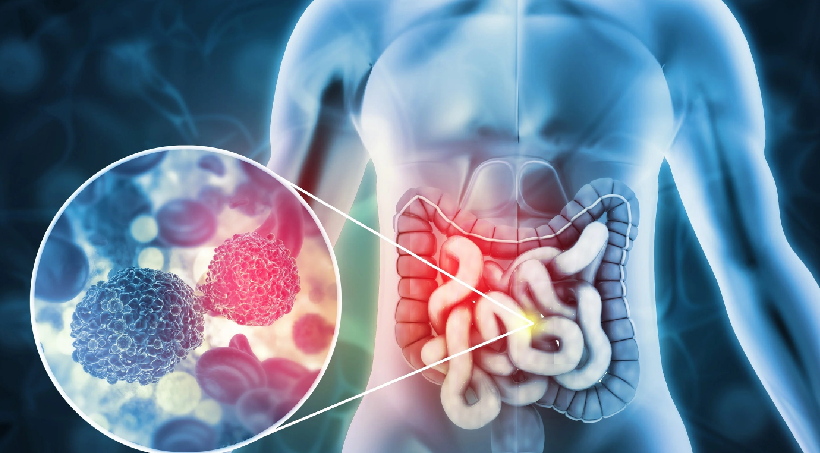- AK Superspeciality Clinic, Unit-208, Kul Scapes, Opposite to Reliance Mart, Tukaram Nagar, Kharadi
- +91 90960 45072

Definition: GI cancer screening refers to tests and procedures used to detect gastrointestinal cancers (such as colorectal, esophageal, stomach, pancreatic, and liver cancers) at an early stage, when treatment is most effective.
Causes: Screening is recommended for individuals with:
- Age: Typically starting at age 50 for colorectal cancer.
- Family History: History of GI cancers or polyps.
- Genetic Syndromes: Conditions like Lynch syndrome or familial adenomatous polyposis.
- Lifestyle Factors: Smoking, heavy alcohol use, obesity, and diets high in processed meats.
Symptoms: Screening is often done before symptoms appear, but symptoms that may prompt screening include:
- Blood in stool.
- Persistent indigestion or heartburn.
- Unexplained weight loss.
- Abdominal pain.
- Difficulty swallowing.
Diagnosing:
- Colonoscopy: For colorectal cancer, polyps can be detected and removed during the procedure.
- Upper Endoscopy: Used to screen for esophageal and stomach cancers.
- Fecal Occult Blood Test (FOBT): Checks for hidden blood in the stool, a possible sign of colorectal cancer.
- Imaging Tests: CT colonography, MRI, and abdominal ultrasound can screen for various GI cancers.
- Genetic Testing: For individuals at high risk due to family history or known genetic syndromes.
Treatment Options:
- Early Detection: Allows for less invasive treatments and a better prognosis.
- Surgery: Often the primary treatment for localized GI cancers.
- Chemotherapy/Radiotherapy: Used as adjuncts to surgery or for more advanced cancers.
- Endoscopic Procedures: Minimally invasive techniques to remove early-stage cancers or precancerous lesions.
Prevention Tips:
- Regular Screenings: Especially for individuals at higher risk.
- Healthy Diet: Rich in fruits, vegetables, and whole grains, and low in processed foods.
- Avoid Risk Factors: Such as smoking, heavy alcohol consumption, and obesity.
- Exercise: Regular physical activity to maintain a healthy weight.
Conclusion: GI cancer screening is vital for early detection and treatment, significantly improving survival rates. Individuals at higher risk should follow their healthcare provider’s recommendations for regular screenings and lifestyle modifications to reduce their cancer risk.

